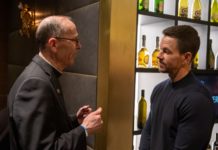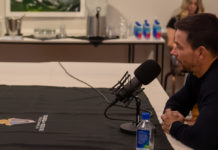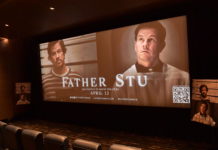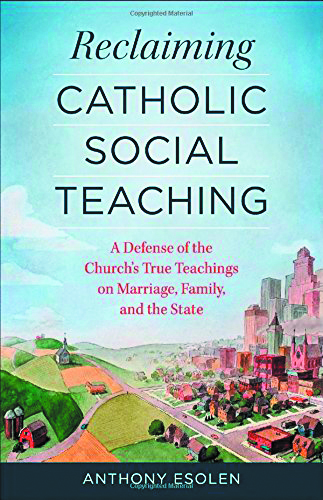
[dropcap type=”4″]W[/dropcap]e might think it safe to say that the Church, like the world, is in disarray and is victim to the calamity of whim. Anthony Esolen, a fellow English professor, says so in his new book “Reclaiming Catholic Social Teaching.”
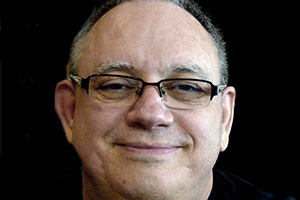
Esolen comes at the topic as a layperson, as a reader seeking knowledge from the teachings themselves instead of from the oft-esoteric view of a theologian, and this is our perspective. His initial premise is a simple one: if humankind was created by God, for God, then any society built without God, will fail.
Esolen appeals to what he calls first principles, which help illustrate the dichotomies in which we find ourselves mired in every day. And he distinguishes between right and wrong application, a distinction often lost on many postmodern Catholics.
Take, for instance, the example of the Boy Scouts. Boys are, by nature, drawn to risk and adventure. On the one hand, camping and hiking out in the wilderness is risky; however, so is running guns and dealing drugs for boys in a street gang — what’s the difference? Florence Nightingale wanted to alleviate suffering, but so does doctor-assisted suicide — what’s the difference? Michelangelo created some of the greatest works of art by painting and sculpting the nude human form, but pornographers photograph the nude human form — what’s the difference?
In each case, the reality is the same: risk, relief: the human form, but by establishing a moral equivalence with wrong applications, we are left without principles to guide us. One example extols valor, the second extols the dignity of the human person, and the third extols glory in the image of God. The realities are the same in each dichotomy, but the application of one is wrong while the other is right.
In the case of humankind, human beings created in the image of God are the reality and thus, if we live by the extolling principles, we live as God intended. If we think of the human being merely as a chance conglomeration of chemicals and biochemical processes, then no principles exist and we are free to live our lowest, hedonistic selves.
Reclaiming Catholic Social Teaching
Publisher: Sophia Institute Press
Author: Anthony Esolen
Published: Oct. 20, 2014
Length: 193 pages, paperback
Price: $19.95
ISBN: 978-1-622821-82-2
Order: sophiainstitute.com, Amazon.com
[/quote_box_left]
Catholic social teaching is all about these principles and they make up one, whole image of how we should live. What the Church says about any one thing is done as a part of the whole and is never held in isolation from other teachings. Here, the infamous cafeteria catholic will fail. We cannot, for example, uphold the sanctity of life and support the choice to select abortion. We cannot uphold the sanctity and purpose of the marriage sacrament and turn a blind eye toward same-sex marriage. When we understand that there is one God, we are to be one with Him, and one with each other, we can never separate our religious selves from our everyday selves.
True freedom
Esolen deals with the biggest issues: human liberty, marriage, the family, social life, work, and the state.
Esolen also points out, correctly, that these issues — central to the people of the Church — are undermined by secular politics. To the postmodern progressive, for example, the welfare state is a just thing, and yet the Church specifically condemns it as devaluing the moral dimension of work and violating the social principle of subsidiarity. To the libertarian, the least regulation, however just and necessary to protect the weak, is a violation of freedom. Human liberty, the secularists say, is nothing more than amoral or immoral hedonism.
Esolen demonstrates — via Scripture and Church social teaching — that true freedom lay in the doing of God’s will. Marriage, as an example, cannot merely be a “voluntary association of citizens” because the human family, in its procreative state, is the primary and basic cell of human society.
The importance of Esolen’s work cannot be understated, because he points at what is basic and true for Christians. Because it is easy to see that the people of the Church are in as much disarray as the people of the world, especially because all people of the Church are also people of the world, he correctly points out that our need to return our lives to those based upon Scripture and Church social teaching, those teachings that concern themselves with social activity — are a must.
Let me be clear about this book, I recommended it not because it is a fantastic Catholic novel, any sort of self-help book, or any sort of great faith story, but because it is a book central to our survival as a Church.
Buy it, read it, and work to live it.



